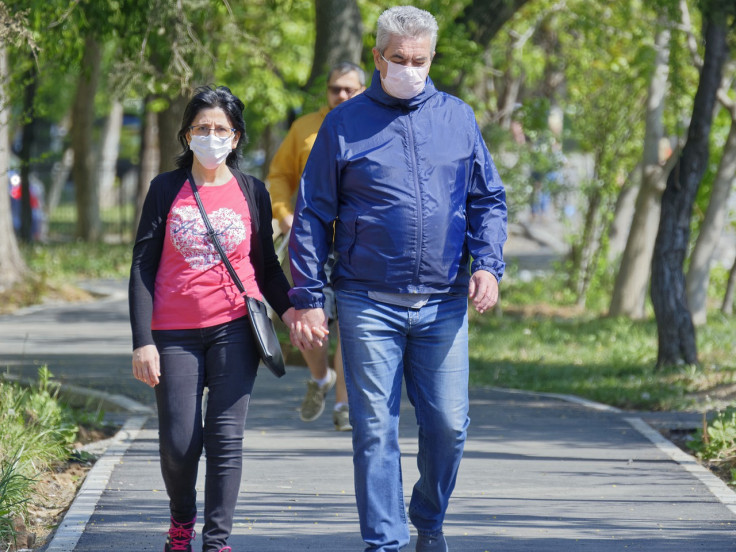Scientists slam White House's endorsement of herd immunity, calls move 'ridiculous'
The Great Barrington Declaration urged for the world to welcome and embrace herd immunity in its fight against COVID-19.
With the pandemic continuing its onslaught in various parts of the world, governments are still mulling over the best way to combat the virus. The White House recently endorsed "herd immunity" but many scientists are not buying it, with many calling the idea a "dangerous fallacy."
In a letter published in the Lancet, 80 researchers strongly opposed the idea that was recently advocated by the White House, wherein they wanted the country to achieve "herd immunity" against coronavirus. Herd immunity refers to the process of allowing healthy people who are touted to be at low risk of becoming seriously ill when infected with a pathogen.
So when will a certain community be considered to have already achieved herd immunity? As far as the scientific world is concerned, a community achieves this if a substantial percentage of the population has already built up protection against a pathogen. This could either be through a vaccine or through natural infection. As an example, to achieve herd immunity against measles, approximately 90 percent of the population must be protected in order for transmission to be prevented. With COVID-19 though, no one still knows how many need to be infected, but previous estimates were between 50 to 75 percent of the population.
In Oct. 4, a memorandum Great Barrington Declaration, was signed by medical and public health scientists and medical practitioners from different countries. It urged the world to welcome and embrace herd immunity in its fight against COVID-19. It advocates for minimising mortality and social harm until the world reaches herd immunity.
The declaration was a product of a meeting hosted by the American Institute for Economic Research. The website already has accumulated more than 9,000 signatures, albeit most of the names were not public.
A report stated that a senior administration official, who wished to be unnamed, said that President Donald Trump has been supportive of the idea for a long time. It was also revealed that the plan was to endorse the policy of the president for months.
However, a number of scientists were not agreeable to the idea. Yvonne Maldonado, an infectious disease specialist at Stanford University Medical School said that it is "ridiculous." She also referred to what is being said in the declaration as "either misinformation or an outright lie." She said that no one knows how long a person remains immune against COVID-19.
Another doctor, Thomas File, Infectious Diseases Society of America president, said that the declaration was released without evidence or data.
Dr Anthony Fauci, National Institute of Allergy and Infectious Diseases head, previously told a college class at the Massachusetts Institute of Technology that it is not yet clear how much of the population must be infected to achieve herd immunity but said that it's most likely to be at 50 to 75 percent.
© Copyright IBTimes 2025. All rights reserved.






















